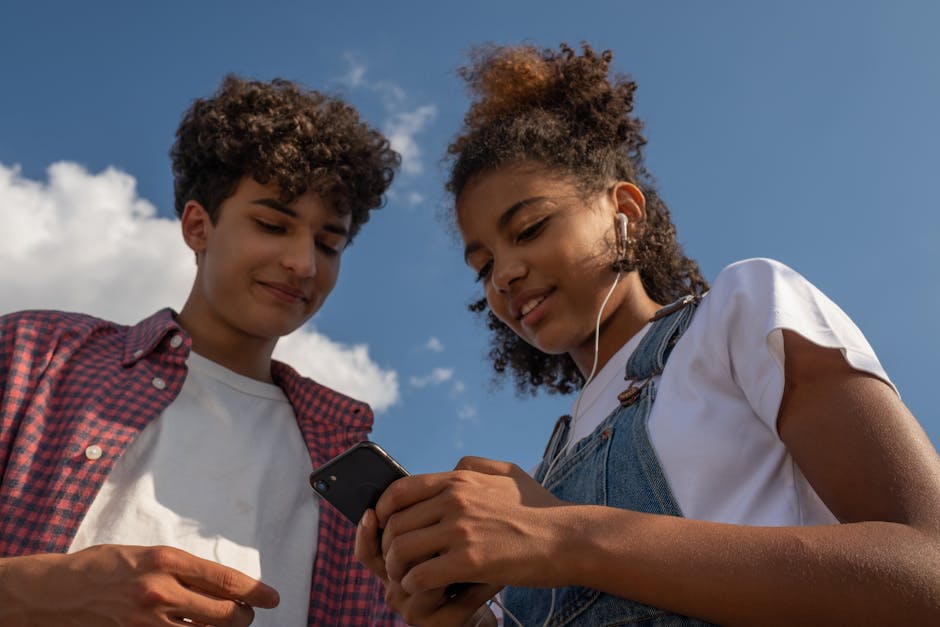H-1B Fears Cool as Companies Turn to US Campus Hiring
In a major shift for the tech industry, concerns over H-1B visa uncertainties are fading, with companies increasingly hiring talent directly from US universities. This strategic pivot helps employers bypass immigration hurdles while securing skilled workers more efficiently.
From Visa Anxiety to Campus Recruitment
The H-1B visa program, a key pathway for global tech talent, has faced heightened scrutiny in recent years. Stricter policies under the Trump administration, pandemic disruptions, and rising denial rates left many businesses scrambling. However, recent adjustments under Biden—such as streamlined processing and STEM-friendly extensions—have eased some concerns.
Despite the annual cap remaining at 85,000 visas (including 20,000 for advanced degrees), employers are now diversifying their hiring strategies.
Why US Campus Hiring Is Surging
Instead of relying heavily on overseas recruitment, companies are aggressively targeting US graduates, particularly in STEM fields. Benefits include:
- Faster onboarding – Students with Optional Practical Training (OPT) or STEM OPT extensions can work immediately without visa delays.
- Lower immigration risks – Avoids H-1B lottery rejections, which still hover at 10–15% for some firms.
- Cost savings – Reduces expenses tied to visa fees, legal processes, and relocations.
According to the National Association of Colleges and Employers (NACE), tech campus hiring jumped 30% in 2023, with giants like Google, Amazon, and Microsoft leading the charge. Even Indian IT firms like TCS and Infosys are expanding US university partnerships.
“Campus recruiting gives us talent already adapted to the US work environment,” says Priya Menon, a Silicon Valley hiring manager. “It’s a win-win for employers and graduates.”
Challenges and Long-Term Outlook
While the trend is promising, obstacles remain:
- STEM graduate shortages – Demand outpaces supply, intensifying competition for top talent.
- Political debates over OPT – Critics argue the program displaces American workers, threatening its future.
- Ongoing H-1B dependency – Many skilled professionals still view the visa as critical for career growth.
Immigration attorney Rohit Khanna notes, “Campus hiring helps, but systemic H-1B reforms are still needed to address arbitrary caps.”
The Bottom Line
The cooling of H-1B fears reflects a pragmatic shift in hiring. Companies are blending campus recruitment with selective visa sponsorships to ensure stability. As the 2024 H-1B lottery approaches, this hybrid approach may define the future of tech talent acquisition.




